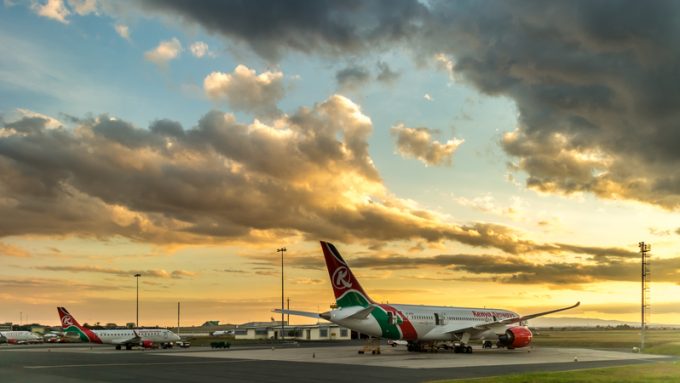KQ and TAAG look to boost regional African markets with 737-800Fs
Kenya Airways and TAAG Angola Airlines are injecting extra cargo capacity to regional markets, using ...

Kenya Airways has its eyes set west: last year, it opened its first route – in fact the only one from East Africa to the US – from Nairobi to New York.
”It’s going pretty well,” said Dick Murianki, general manager cargo.
“We are currently doing five rotations a week, but we’ll go back to seven for the summer season.
“Our long-term strategy is to go to more destinations in the Americas. We are looking at Toronto and Washington DC, those will be the first cities.”
�
He acknowledged ...
'Disastrous' DSV-Schenker merger would 'disrupt European haulage market'
New senior management for DSV as it readies for DB Schenker takeover
Volumes set to 'fall off a cliff' as US firms hit the brakes on sourcing and bookings
Asian exporters scramble for ships and boxes to beat 90-day tariff pause
Amazon pushes into LTL for small package fulfilment and UPS does a u-turn
Temporary tariff relief brings on early transpacific peak season
Pre-tariff rush of goods from US to China sees air rates soar, but not for long
Forwarders 'allowing the fox into the chicken run' by supporting 'hungry' carriers

Comment on this article